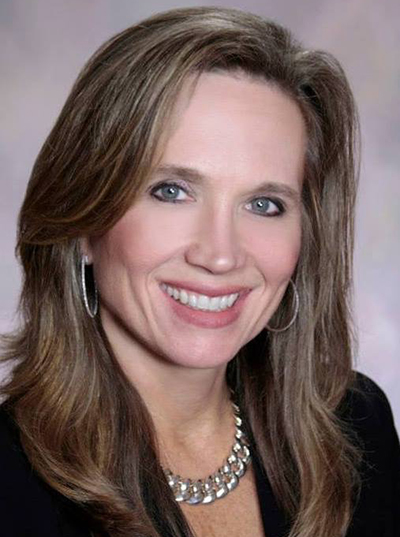 [1]
[1]WASHINGTON (BP)–Members of the U.S. Commission on International Religious Freedom expressed their concerns and approval to Secretary of State Colin Powell in a recent meeting.
The commissioners praised President Bush’s promotion of religious liberty in his trip to China but repeated their worries about the administration’s handling of religious persecution in Sudan and its strategy regarding the coalition effort against terrorism, commission member Richard Land said.
On Sudan, the USCIRF members shared with Powell their belief “that if the United States government didn’t apply significant pressure to the Sudanese government that nothing meaningful would happen in terms of stopping the long-term killing and enslavement of the southern Sudanese by the Khartoum regime,” Land, president of the Southern Baptist Ethics & Religious Liberty Commission, recounted from the Feb. 25 session.
The panelists also repeated to the secretary of State a concern they already had voiced to Bush and Powell, “that countries around the world that had poor records on religious freedom and human rights might perceive cooperation with the United States in the war against terrorism as giving them free rein to deny religious freedom and basic human rights to segments of their own population unless the United States government made it crystal clear that there was no linkage, that cooperation in the war on terrorism did not give you a pass on human rights and religious freedom abuses,” Land said.
“We pointed to Pakistan as a positive example of how a dramatic and significant improvement can happen on these issues when the United States becomes actively and positively engaged with a country, although there is still more to do in Pakistan, such as getting rid of the blasphemy laws and the continuing restrictions on religious freedom,” he said.
The commissioners “spent a significant amount of time talking about Afghanistan, urging the government to monitor the institution building and legal framework that is being put in place to make certain that it gives ironclad guarantees of freedom of conscience, including freedom of religion,” Land said.
In response to Bush’s recent speech advocating religious freedom in China, the commissioners praised the president and gave Powell a letter expressing gratitude to Bush. The USCIRF had written Bush in advance of his trip to China and asked him to discuss the cases of persecuted religious adherents with the communist government’s leaders and to seek an opportunity to speak to the Chinese people by live broadcast.
“So I, as well as the other commissioners, were pleased that the president did do both of those things … [he] delivered an eloquent address to the Chinese people using America as an example and saying the Chinese people had nothing to fear from religious liberty,” Land said.
The commission members also expressed concerns about restrictions on religious freedom in North Korea and Uzbekistan. The State Department added North Korea in October to the list of the most serious violators of religious liberty. It did so following the recommendation of the USCIRF.
The commissioners believed Powell was “very attentive” to the concerns expressed, Land said of the Feb. 25 meeting.
Bush spoke Feb. 22 to a national television audience in China. “My prayer is that all persecution will end, so that all in China are free to gather and worship as they wish,” Bush told the Chinese.
The USCIRF has offered to special Sudan envoy John Danforth, who was appointed by the president, recommendations regarding negotiations for peace in the African country. The recommendations were for the Sudanese government to enter into a total ceasefire with opposition forces, to remove all bans on food-relief flights, to demonstrate a willingness to participate in internationally monitored peace talks and to guarantee religious liberty.
The militant Islamic regime in Khartoum has supported a campaign against Christian and animist villages in central and southern Sudan. The effort has included slave raids and the bombardment of hospitals, churches, schools and relief stations. During an 18-year civil war, there have been more than 2 million deaths and the displacement of more than 4 million people.
The commission held a hearing in November after expressing its desire the administration not compromise its devotion to religious freedom while building an anti-terrorism coalition with countries that are among the “world’s most egregious violators of religious freedom and other human rights.”
At the hearing, Paula Dobriansky, under secretary of State for global affairs, tried to assure the commissioners the administration had not compromised its commitment to human rights, including religious freedom, in building a coalition since the Sept. 11 attacks. The administration still sees religious liberty as an integral part of its promotion of democracy and human rights, she said.
In addition to adding North Korea to its list of countries of particular concern in October, the State Department continued to keep six regimes as CPCs: Burma, China, Iran, Iraq, Sudan and the Taliban of Afghanistan. The anti-terrorist effort of the United States and others resulted in the Taliban being deposed.
The USCIRF consists of nine members appointed by the president and congressional leaders who are charged with researching religious liberty issues in foreign countries and making policy recommendations to the White House and Congress. Bush named Land to the panel in September.
–30–




